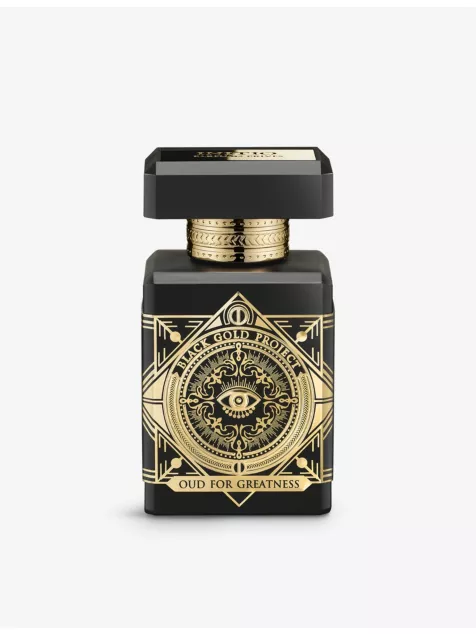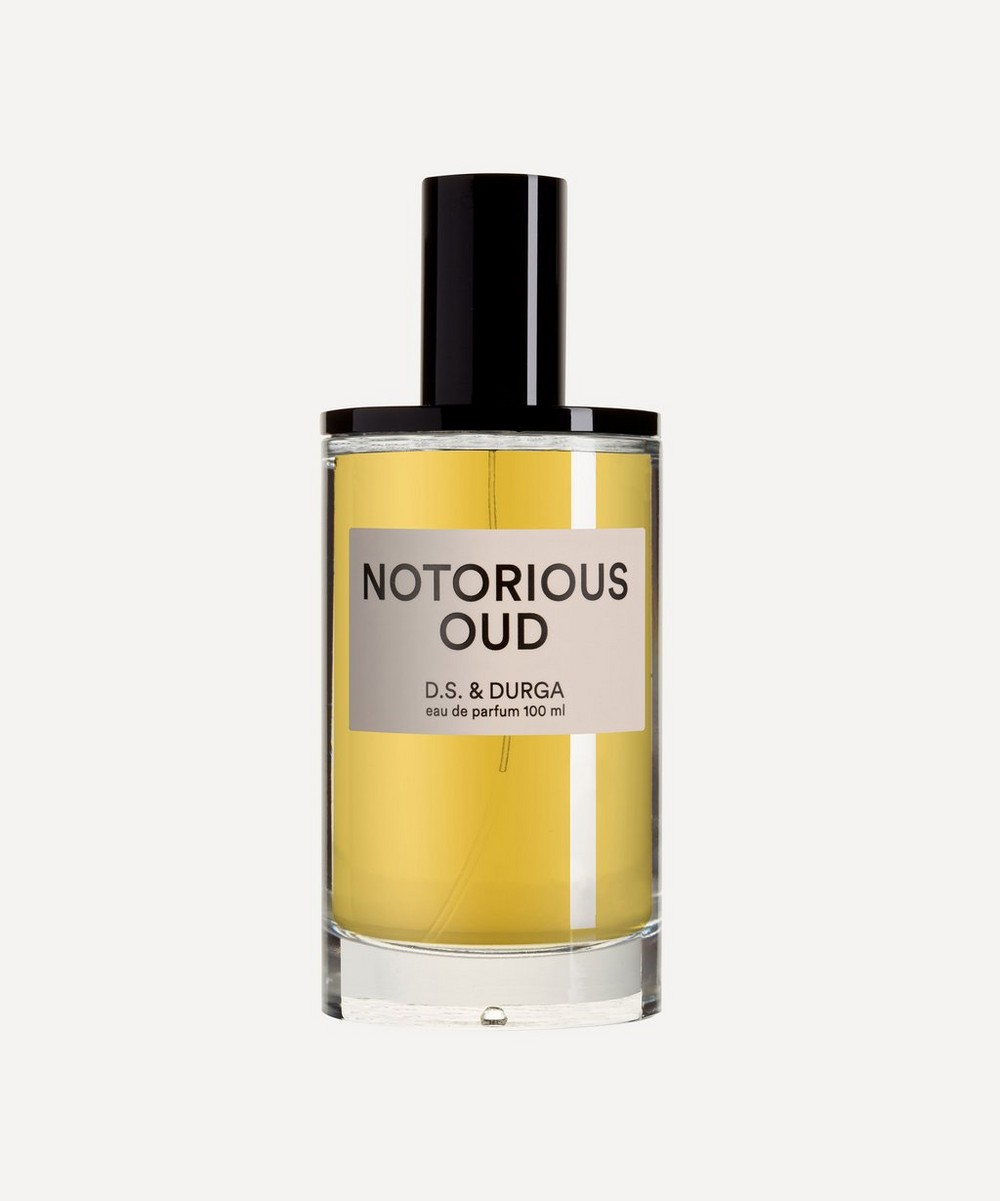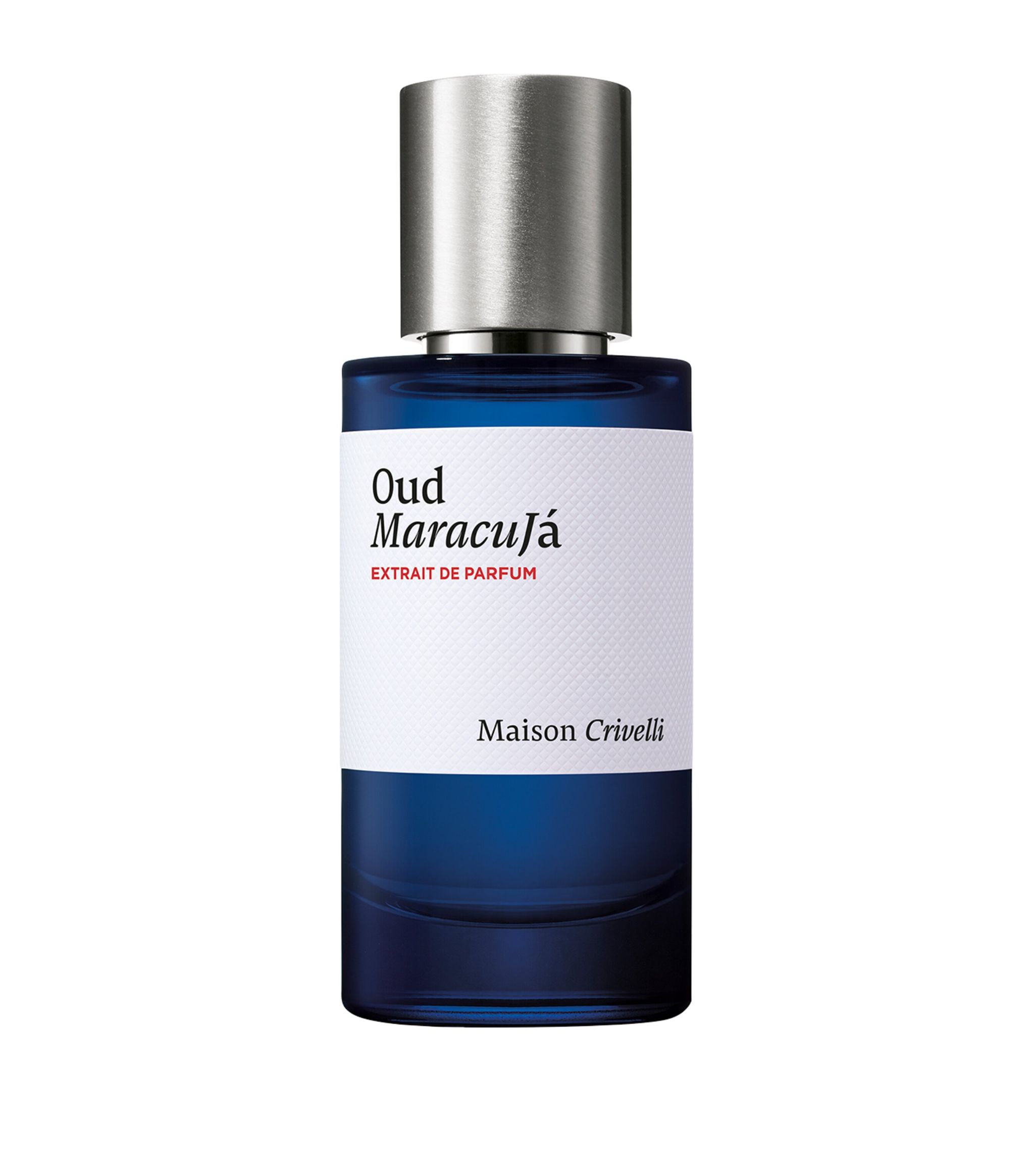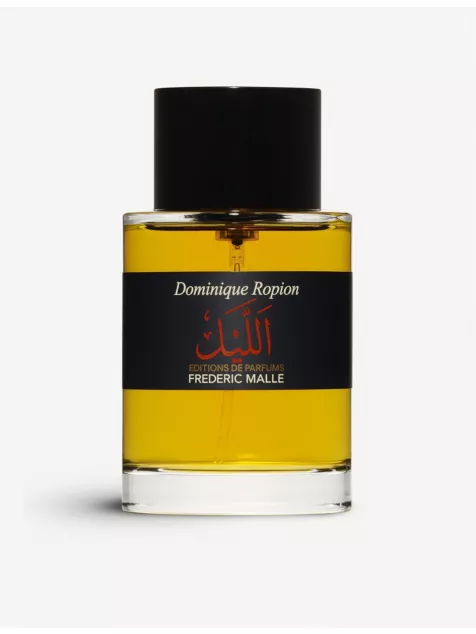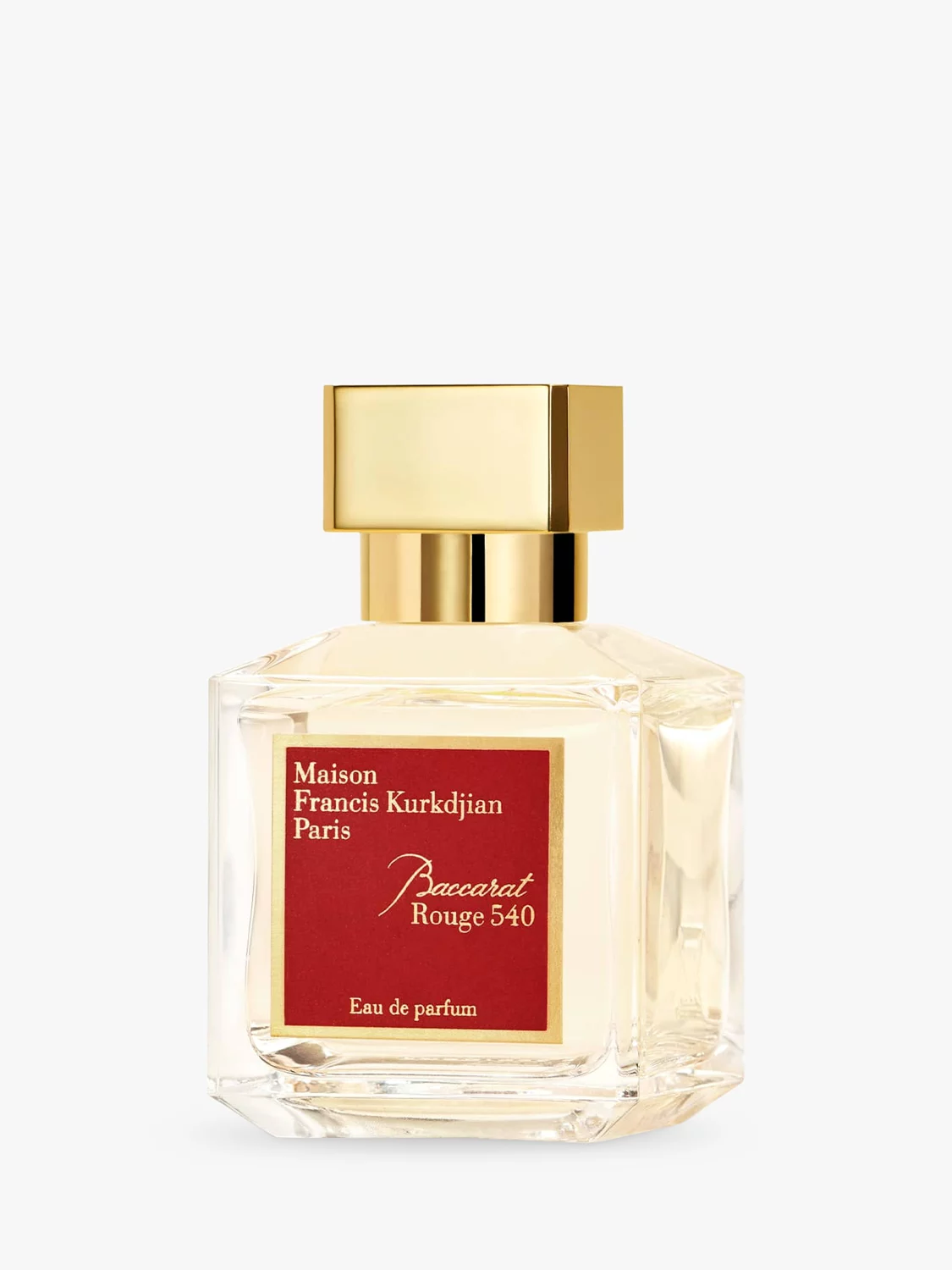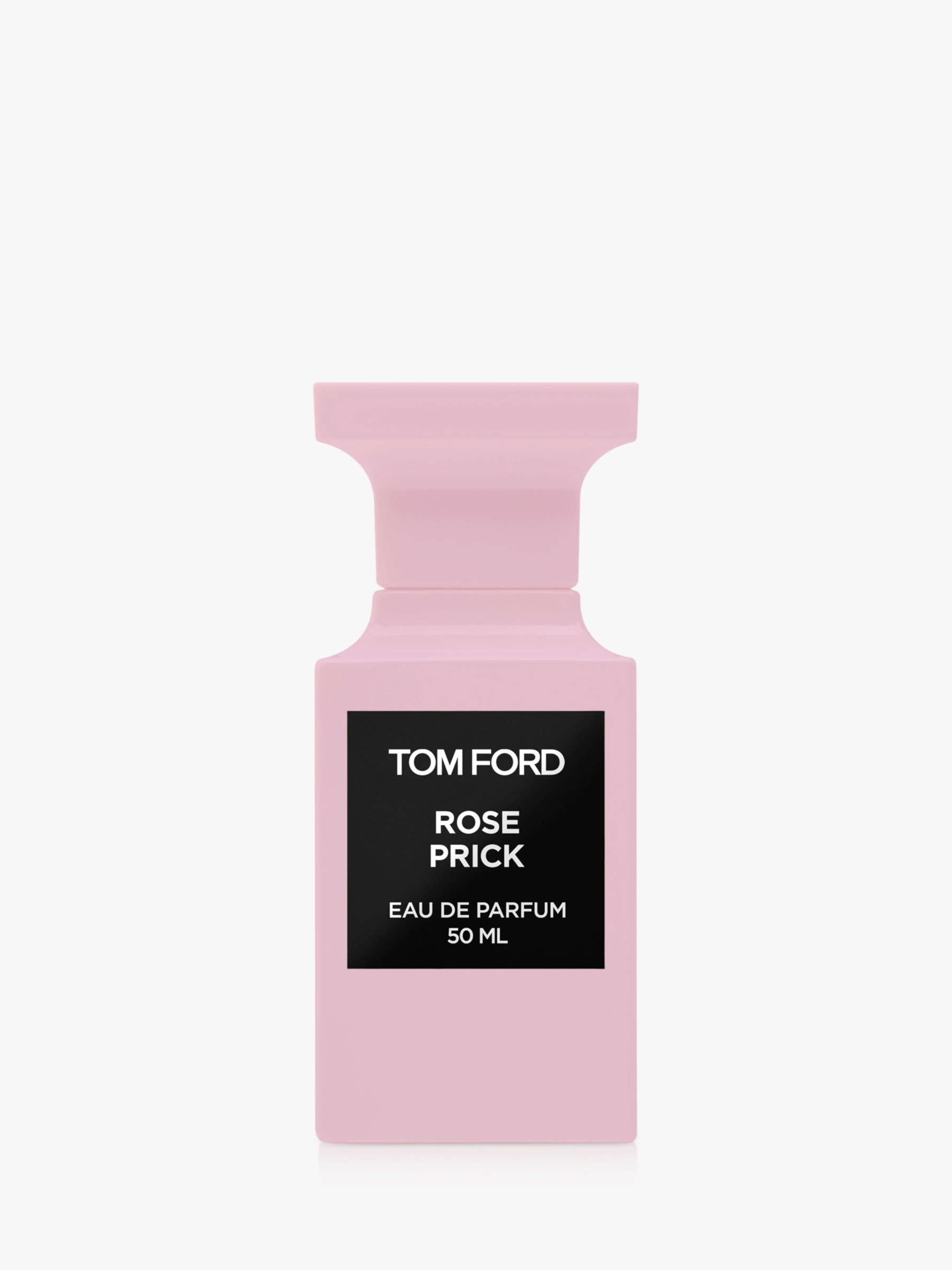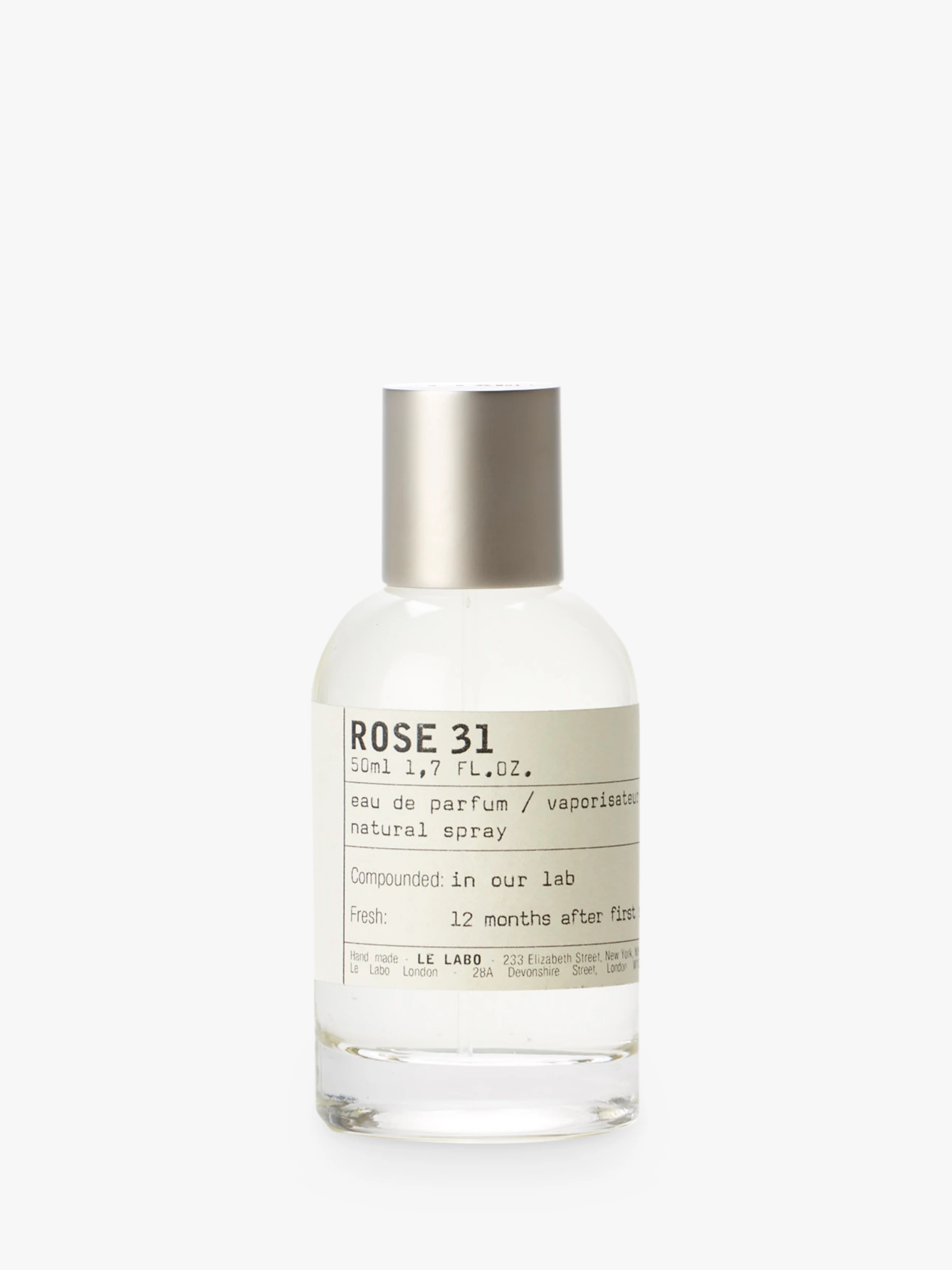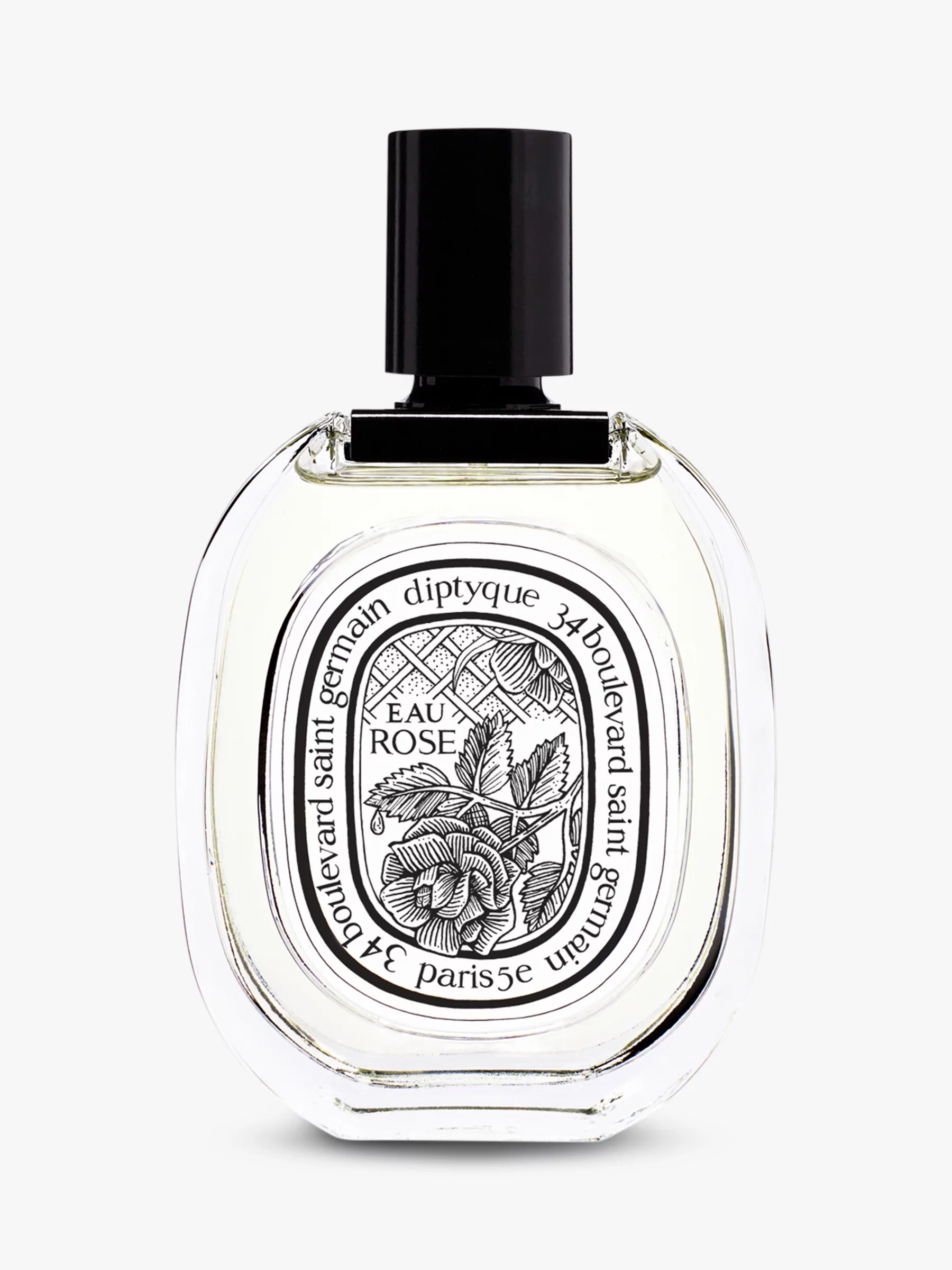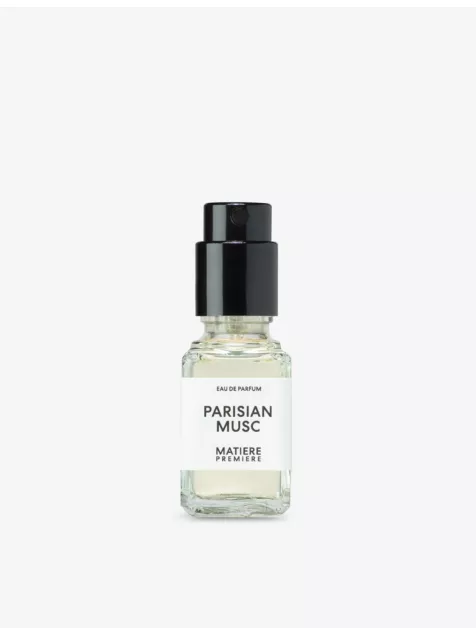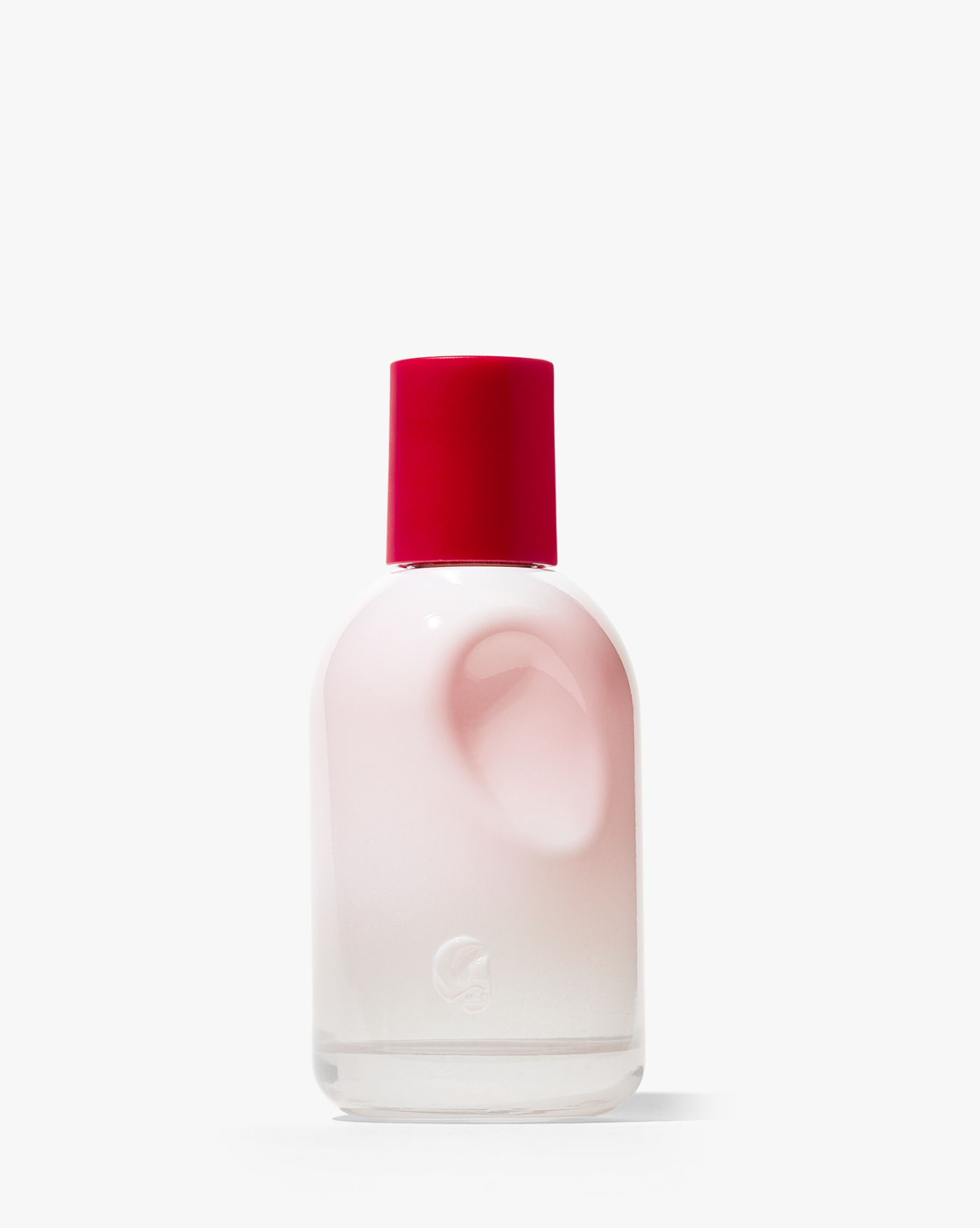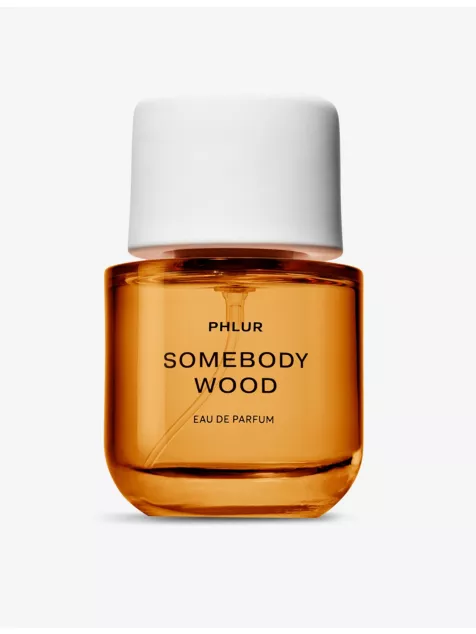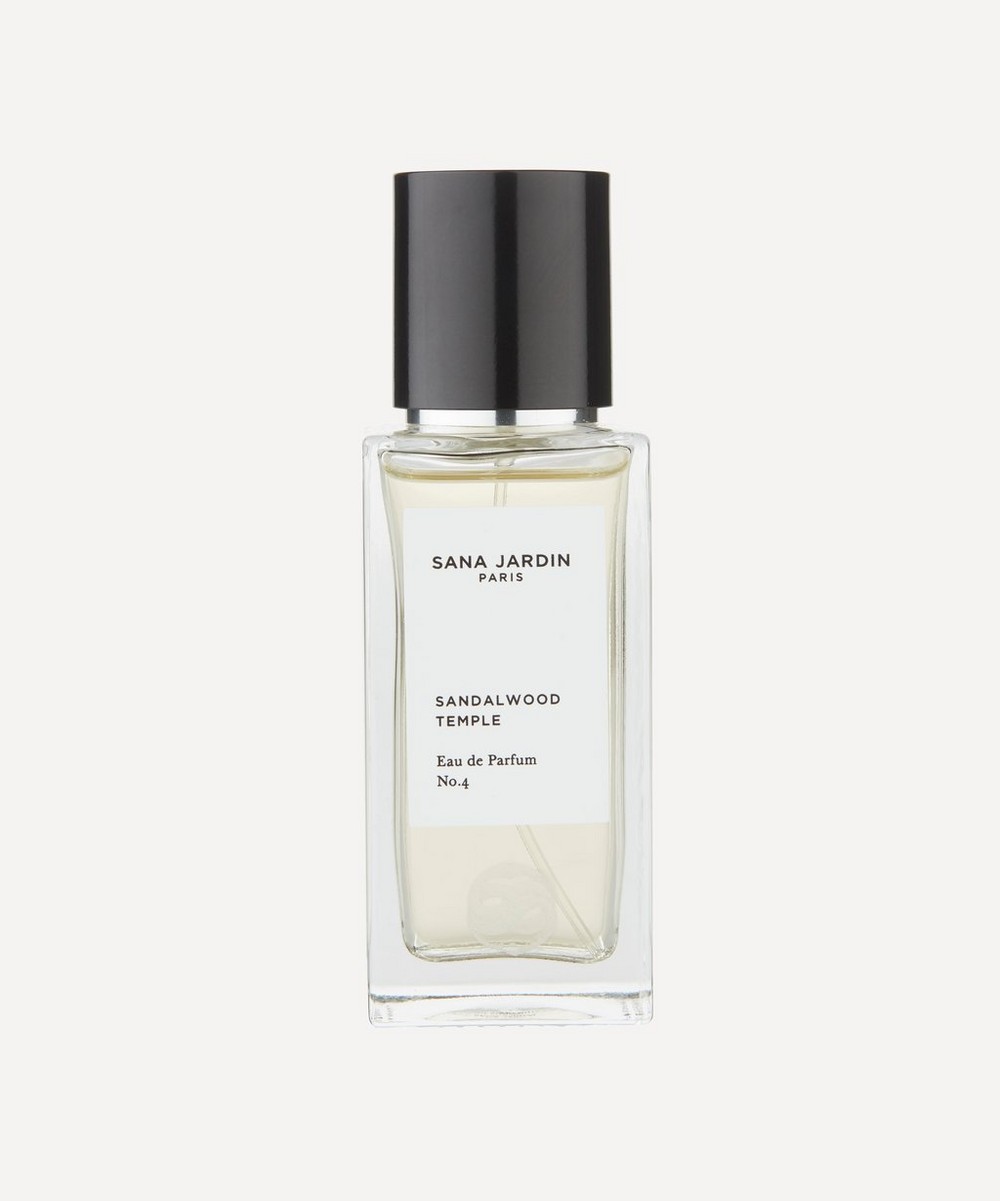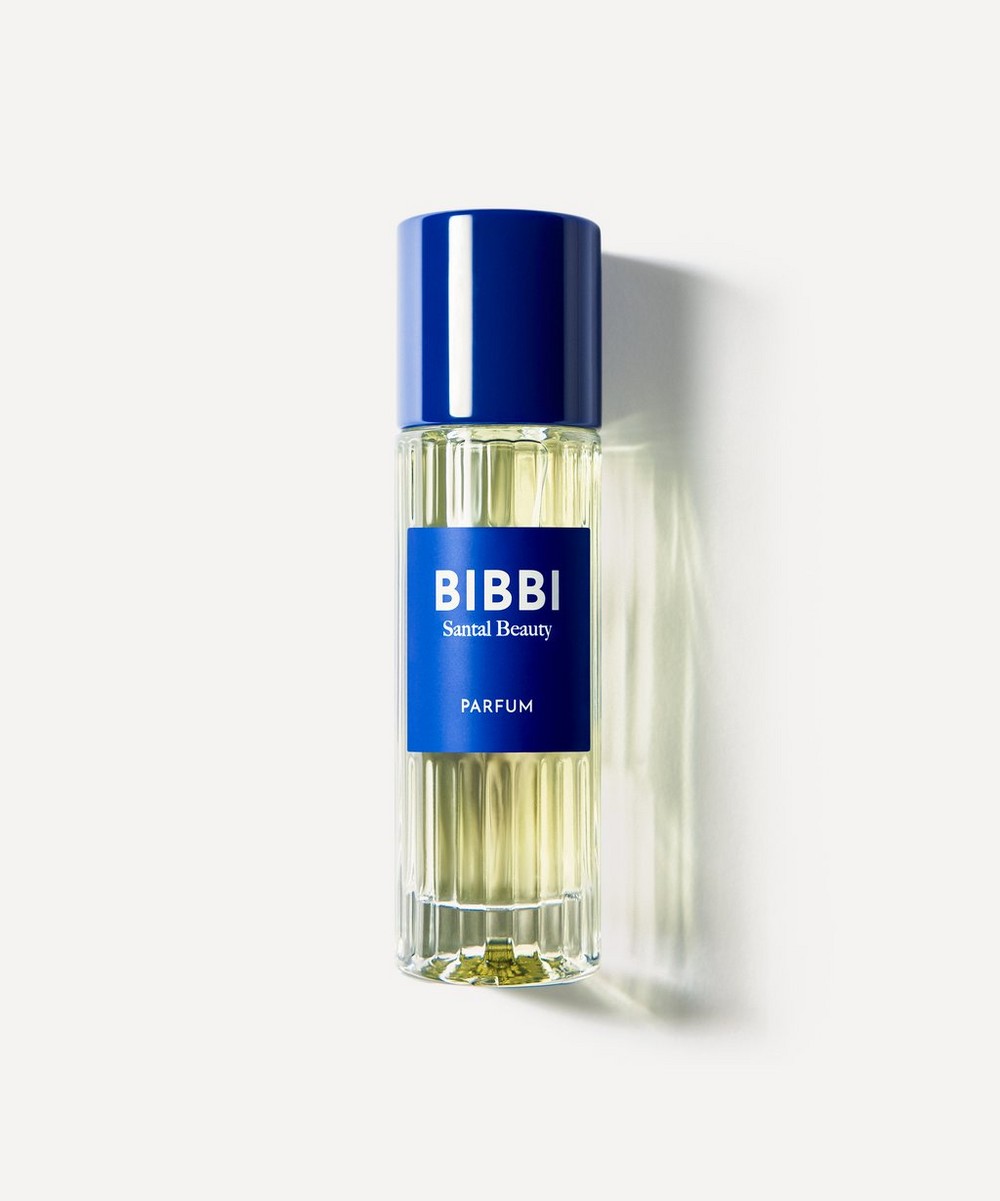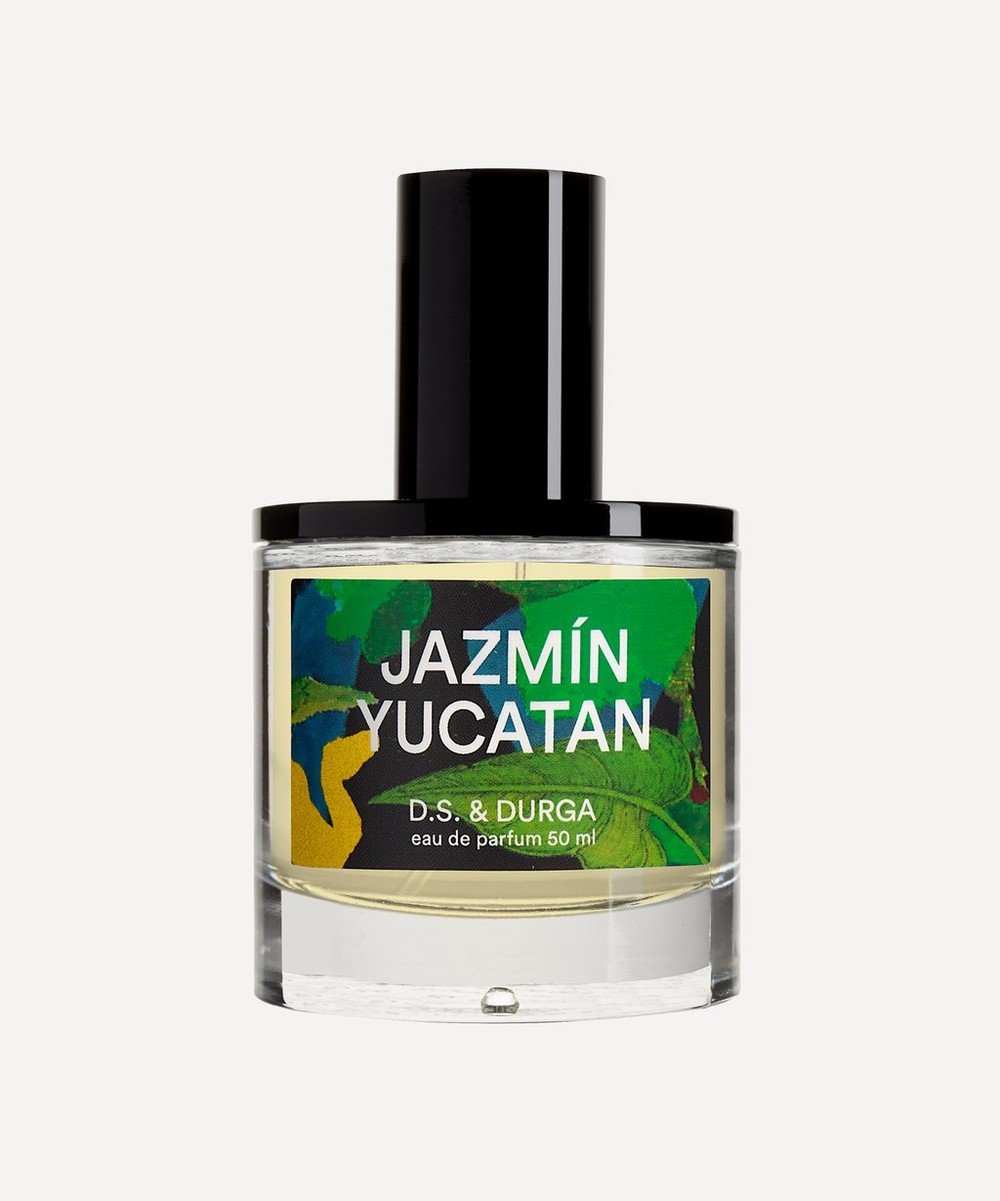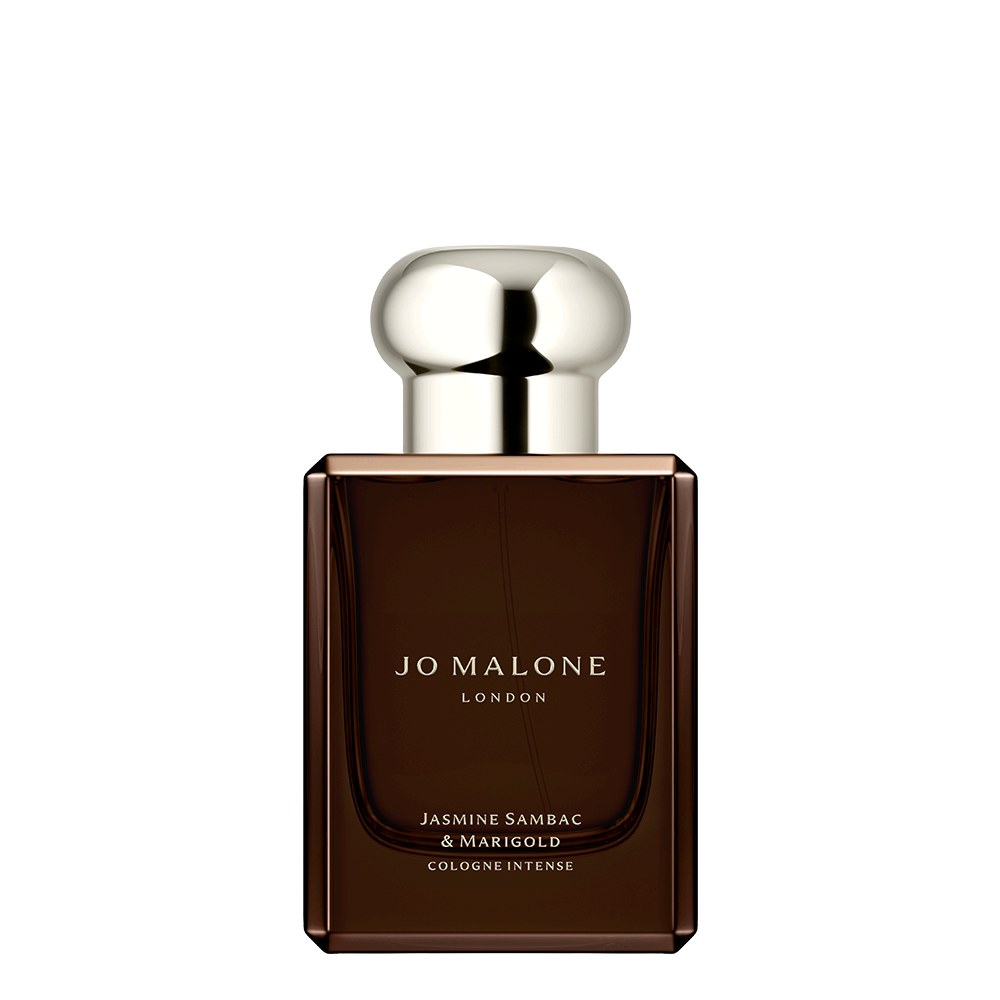If you’re on the hunt for a new signature scent, it can be hard to know where to begin. Perfume is typically one of the more expensive products in our beauty routines, however not all fragrances justify their premium price tags, so recognising which perfumes deserve to be splurged on isn’t always an easy process.
As a beauty editor, I’m fortunate to be on the receiving end of Wholesale Replica Bag and greatest fragrance launches, which means that I’ve smelled many a perfume over the years. These days, when I open up a newly arrived bottle and give it its first spritz, the ‘make or break’ moment lies in one thing, whether or not the perfume smells expensive. Now, I don’t say this as a perfume snob—in fact, it’s something I have to be super aware of—I’m a migraine-sufferer and have learned over time that synthetic (and typically cheaper-smelling) fragrance notes tend to trigger my headaches. For this reason, I do tend to fare better with more expensive smelling perfumes, which are typically made with higher quality ingredients. Of course, the added bonus is that these ingredients are typically much more potent, longer-lasting, and actually do smell expensive.
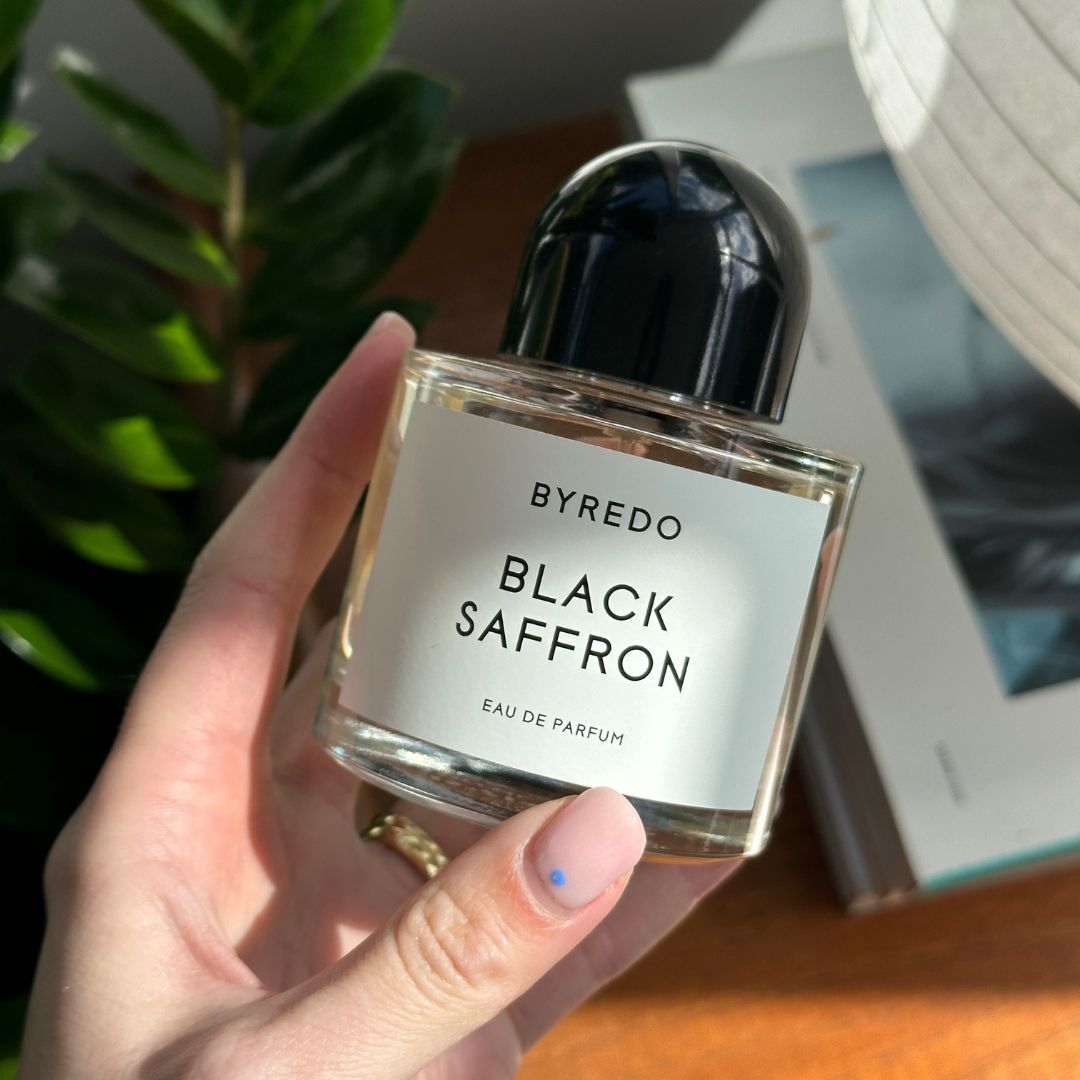
While perfume ingredients may not be something you’ve considered before beyond simply a list of notes, if you’ve ever wondered why some fragrances cost so much more than others, it’s usually down to the ingredients. In fact, ingredients like oud, saffron, and musk are some of the most expensive in the world—often because they’re hard to source or because the process of harvesting the raw ingredients and converting them into fragrance oils is so costly.
Never one to gatekeep, I’ve shared below the six most expensive smelling perfume notes. These are the ones that I always recommend looking out for if you’re in the market for a fragrance that truly brings the luxury vibes.
1. Oud
Oud (also sometimes labelled as agarwood) typically gives fragrances a very recognisable rich, deep, and woody scent. It’s often used in perfumes that are associated with winter or evening wear because it’s quite a heavy and decadent note, and is also one of the most expensive perfume notes out there.
Why? Because sourcing it requires an incredibly long and complicated process. Oud is sourced from aqualaria trees (found in south-east Asia) which have been infected by a certain type of fungi. This fungi rots the core of the tree in order to form agarwood, which is then transformed into oud via an additional process that turns the wood into an oil. As you can imagine, this is a very time-consuming and expensive process.
2. Saffron
Saffron isn’t a super common fragrance note, and that’s because it is so expensive. It’s often used in tiny amounts to give perfumes a spicy, earthy depth, or to make the fragrance more long-lasting.
If you’re into cooking then you may already know that saffron is the most expensive spices in the world. It’s derived from the dried stigmas of crocus sativus flowers, which need are individually hand-picked and dried—just one kilo of dried saffron requires 150,000 flowers. The small amount of spice per plant, plus the labour-intensive harvesting process, is what makes this one of the most expensive fragrance notes in the world.
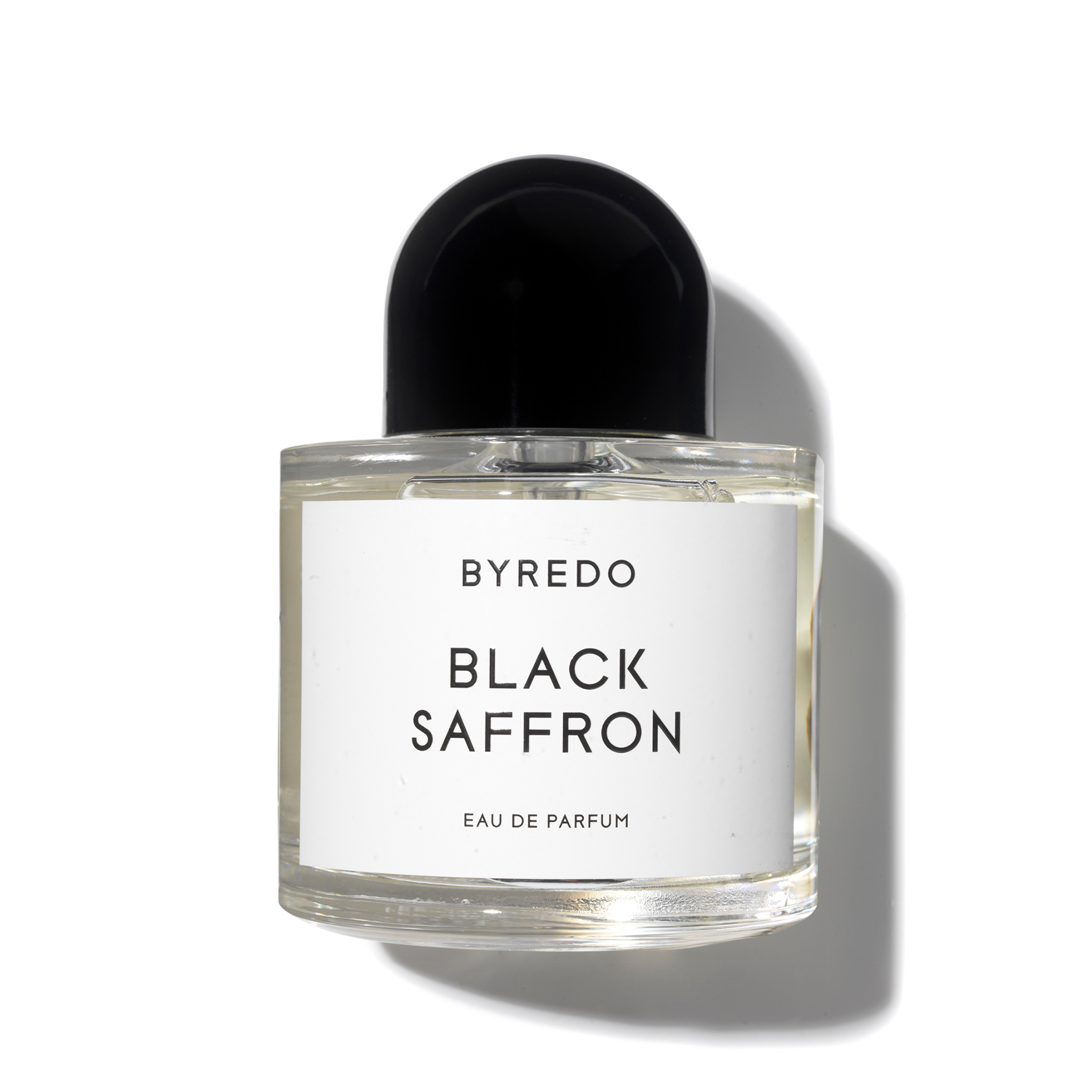
Safforn is rarely a key note within a perfume blend since it's so expensive, so Black Saffron will be quite unlike anything you've ever smelled before. I love wearing this warm, spicy scent in the summer months—it's one of the most long-lasting I've ever tried.
3. Rose
You might not expect rose to have made this list, given that it’s a note found in so many floral fragrances, however not all rose notes are created equally. Bulgarian rose is one of the rarer and more expensive types—mostly because producers spend a full year cultivating fields that only bloom for a few weeks. Once picked, the petals must then be distilled within the same hour that they're harvested in order to maintain their freshness—1,500,000 rose petals are required to make just one kilogram of the resulting oil.
4. Musk
Musk is another popular fragrance note, typically used as a base note to balance out lighter, floral ones, and give perfumes a warmth, depth, and earthiness. Historically, natural musk was sourced from a gland of a rare species of deer, however these days the majority of musk used in fragrances is synthetic. While this means it’s not as expensive to produce, it still has the effect of smelling expensive.
5. Sandalwood
Most people love the smell of sandalwood—although it’s a woody note, it’s very light, warm, sweet, and creamy, so is found in some of the world’s most popular and crowd-pleasing fragrances.
Sandalwood is expensive because there’s only a small supply—sandalwood trees are slow-growing and only have one lifespan. Thanks to unsustainable harvesting practices, wild sandalwood forests are actually under threat of extinction but as sandalwood is such a popular fragrance note, demand is high, which makes it even more costly.
6. Jasmine
Rich, sweet, and musky, jasmine is another crowd-pleasing fragrance note which gives a creamy intensity to perfumes—and like rose, it’s one of the most popular floral fragrance notes.
There are actually over 200 species of jasmine, but two are considered to be the most prized within the perfume industry. The first is jasminun grandiflorum (Chanel have their own fields of this flower in Grasse), and the second is sambac jasmine. With both varieties, around 8,000 hand-picked blooms are required to produce just one millilitre of fragrance oil, which is why jasmine is so expensive.
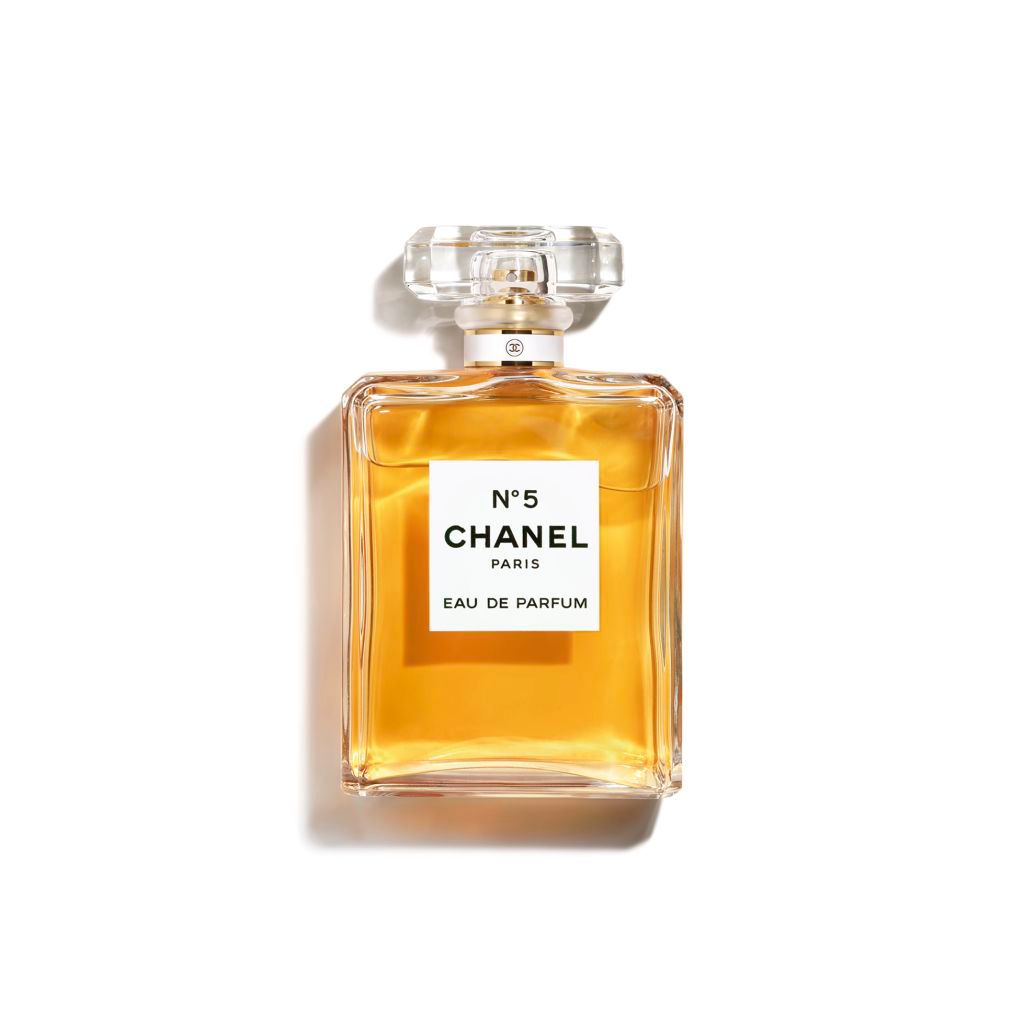
This famous fragrance has legions of fans—everything from the weighty glass bottle to the potent scent gives off major luxury. The fragrance combines a number of different florals, including ylang-ylang, neroli, and and rose, but for me, this jasmine really stands out.
Grace Day is a beauty editor and content creator. She has over 10 years of beauty-industry experience, spanning editorial, retail, and e-commerce, which gives her a unique understanding into how people shop for their beauty routines.
While studying for a history degree (specialising in the history of beauty) and working as a beauty adviser in department stores, Grace started writing her own beauty blog in order to share the products she discovered while dealing with acne. After graduating, she moved to Beauty Bay as beauty editor and content manager. Grace is currently a beauty contributor toBest Knockoff Luxury Clothing
. She has also written for Hypebae and PopSugar and works as a brand consultant and copywriter.
